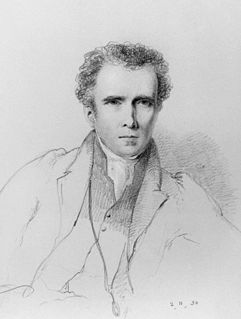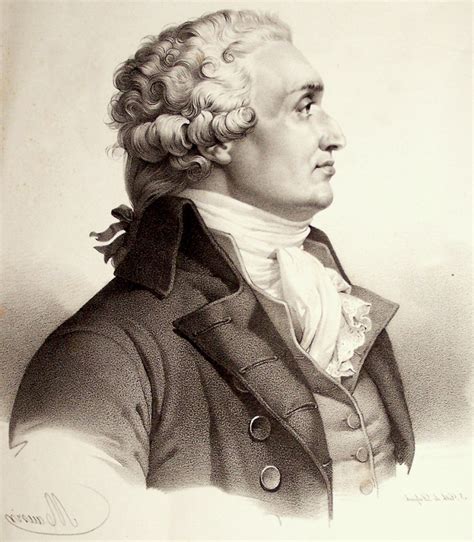A Quote by Kenneth Arrow
Related Quotes
I speak "with absolute certainty" only so far as my own personal belief is concerned. Those who have not the same warrant for their belief as I have, would be very credulous and foolish to accept it on blind faith. Nor does the writer believe any more than her correspondent and his friends in any "authority" let alone "divine revelation"!
A great man, who was convinced that the truths of political and moral science are capable of the same certainty as those that form the system of physical science, even in those branches like astronomy that seem to approximate mathematical certainty. He cherished this belief, for it led to the consoling hope that humanity would inevitably make progress toward a state of happiness and improved character even as it has already done in its knowledge of the truth.
The Principle of Tolerance, fixed once for all the realization that all knowledge is limited. It is an irony of history that at the very time when this was being worked out, there should rise, under Hitler in Germany and other tyrants elsewhere, a counter-conception: a principle of monstrous certainty. When the future looks back on the 1930's, it will think of them as a crucial confrontation of culture as I have been expounding it - the ascent of man against the throwback to the despots' belief that they have absolute certainty.
Some people get certainty by working harder and saying I'm going to master something. Some people get certainty by lowering their expectations, going 'it will never work. And they lose their dreams, but they get their needs. The needs are not like goals. They're not like belief systems that are built into you.



































